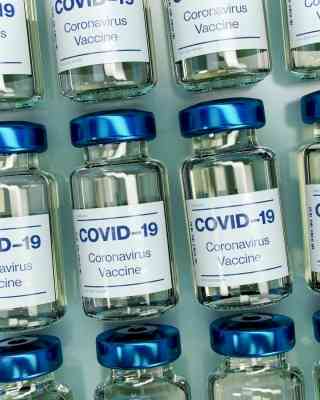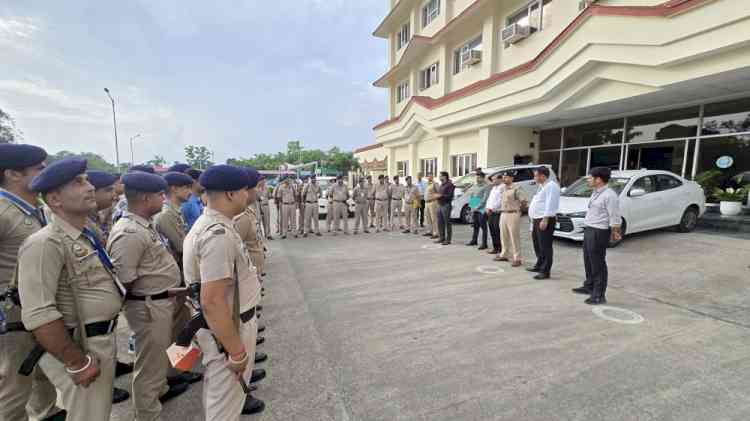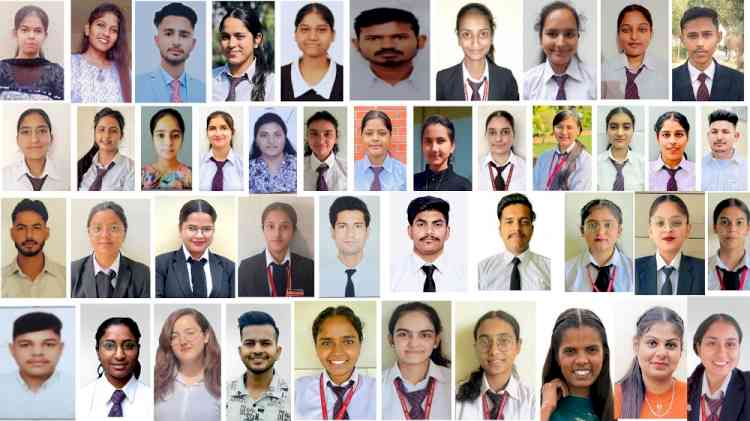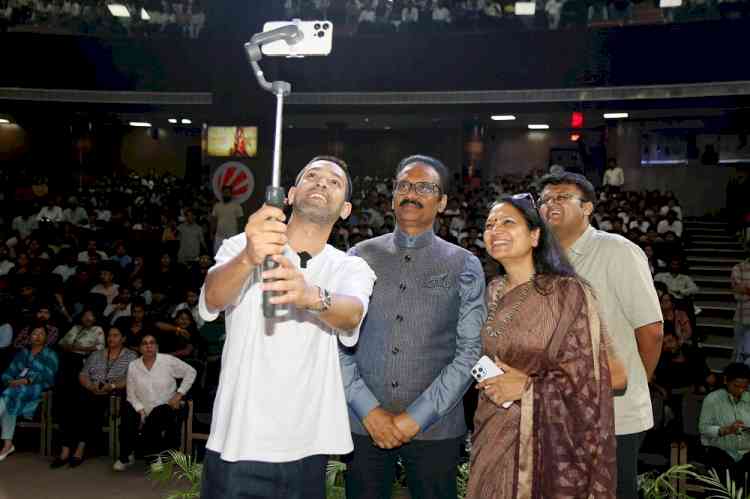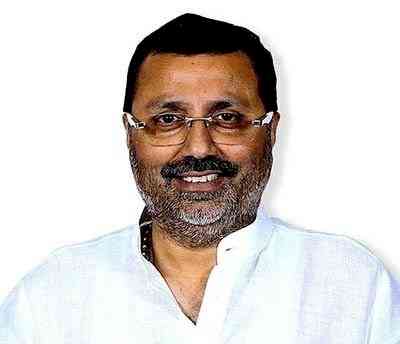Will The Results Of Delhi Assembly Elections Impact Future Punjab Politics?

The Delhi Assembly elections are scheduled to be held in February. A critical question arises: will the results of these elections cast a shadow on the future of Punjab politics?
The Aam Aadmi Party (AAP) has been in power in Delhi since 2013 when it won 28 out of 70 assembly seats and formed a minority government under Chief Minister Arvind Kejriwal. In the 2015 Assembly polls, AAP secured a massive victory, winning 67 seats with a two-thirds majority. This dominance continued in the 2020 elections, where the party won 62 seats, again achieving a two-thirds majority. Mr. Kejriwal served as Chief Minister for three consecutive terms until 2024, after which Cabinet Minister Atishi Singh was promoted and sworn in as Delhi's 8th Chief Minister.
Interestingly, Delhi voters display contrasting preferences in parliamentary and assembly elections.
During Lok Sabha elections, the Bharatiya Janata Party (BJP) has consistently won all seven seats in Delhi. However, in assembly elections, voters predominantly favor AAP. The reasons behind this shifting voting pattern remain unclear.
AAP is optimistic about its performance in the upcoming elections, citing its decade-long record of developmental work. However, it is ultimately the voters who will decide the party’s fate.
The BJP, under the leadership of Prime Minister Narendra Modi, also harbors hopes of reclaiming power in Delhi. The party has been announcing numerous development schemes and packages aimed at winning voter support. Historically, BJP's chief ministers in Delhi have included leaders like late Madan Lal Khurana, Sahib Singh Verma, and late Sushma Swaraj.
The Congress Party is also striving to regain relevance in Delhi after facing defeats in Haryana and Maharashtra assembly polls.
Punjabis form a significant portion of the electorate in many Delhi constituencies, making them a key target for all political parties. Senior leaders from Punjab are expected to play a prominent role in campaigning for their respective parties. These include Punjab Chief Minister Bhagwant Mann, AAP Punjab State President Aman Arora, and other prominent figures such as Harpal Singh Cheema, Ravneet Singh Bittu, Sunil Kumar Jakhar, Captain Amarinder Singh, Parneet Kaur, and Harsimrat Kaur Badal.
This election will serve as a litmus test for AAP as it aims for a fourth consecutive term, for the BJP in its attempt to reclaim power, and for Congress as it seeks to improve its seat tally.
The results of the Delhi Assembly elections are likely to influence Punjab politics significantly. With AAP in power in both Delhi and Punjab, the outcome will shape political strategies for the 2027 Punjab Assembly elections. All major political parties in Punjab are closely watching these results to adjust their approach accordingly.
Authored by:
Rajat Kumar Mohindru
Journalist,
Jalandhar City.
(Views are personal)


 Rajat Kumar
Rajat Kumar 
